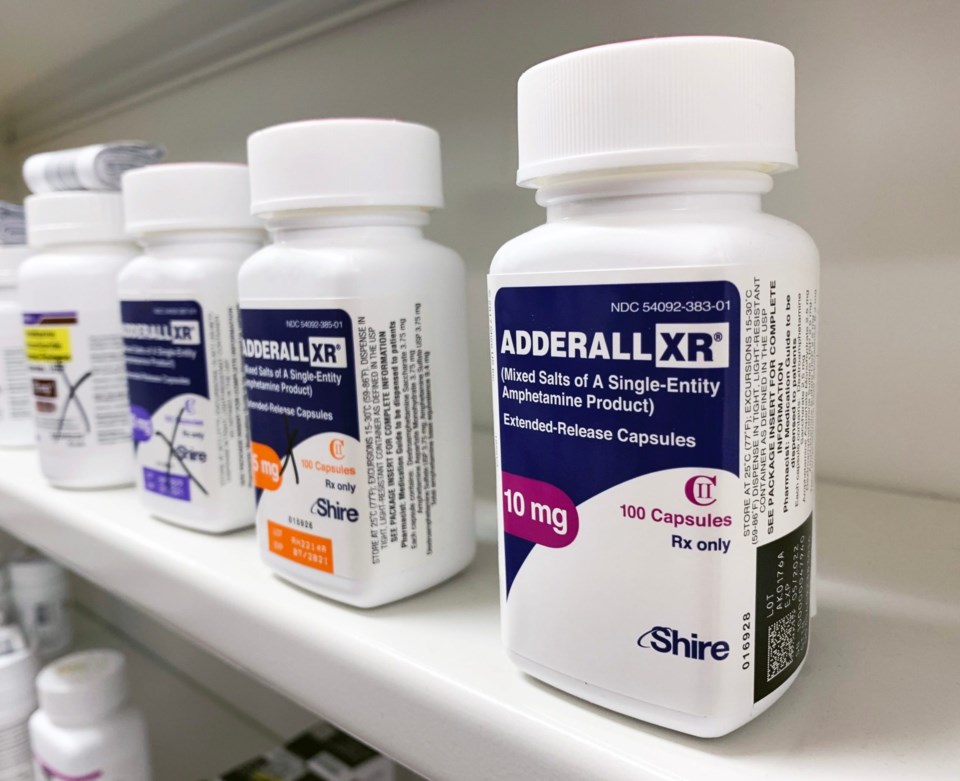In October 2022, the Food and Drug Administration announced an Adderall shortage, even now, many with ADHD struggle to fill their prescriptions. This is a national issue, and, as pointed out on Reddit, it is inevitably impacting people in North Texas.
The Adderall shortage initially started as a production issue at Teva, a large drug maker, and supplier of generic and brand-name Adderall. According to NPR, drug makers told the FDA they've been unable to keep up with the demand, and others said they're having problems getting a key ingredient for the medication.
One mother took to Reddit to ask why the drug was so hard to find, citing that she was unable to fill her 8th-grade son’s prescription. The problem is not college kids passing the drug around like candy, it’s a nationwide increase in diagnoses.
Adderall is an amphetamine — a controlled substance by the FDA, limiting the amount of raw ingredients companies can get to manufacture Adderall and generic brands. But this rise in need could be to blame because of the pandemic. Telemedicine surged during the COVID-19 pandemic contributed to a drastic increase in Adderall prescriptions. According to The Washington Post, patients and hospitals are still struggling to obtain the medication, while regulators are attempting to crack down on telehealth prescriptions for drugs prone to abuse, including Adderall.
Prescriptions for Adderall, a stimulant approved to treat ADHD, increased more than 30% over the past five years and greatly accelerated during the pandemic, according to data reviewed by The Washington Post.
“During the pandemic, we have these kids at home whose parents finally are seeing the ADHD behaviors and how they impact a school performance that they would not have seen in the past. No. 2 is the increased recognition of adult ADHD,” Max Wiznitzer, director of the Rainbow Autism Center at Rainbow Babies and Children's Hospital in Cleveland, told NPR.
According to NBC5, North Texas is also seeing this shortage, and there doesn’t seem to be a resolution. Some pharmacies in the area stopped accepting telehealth prescriptions, and require an in-person visit with a medical professional for a new prescription.
The shortage was initially predicted to last only one month, but instead, is almost to the six-month mark.




